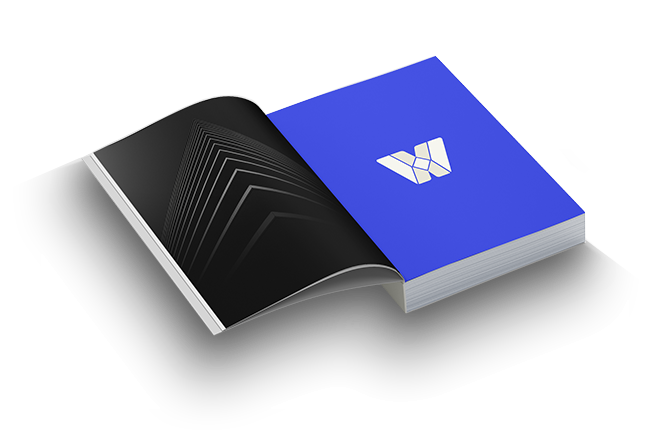Solutions for Food and Beverage contracts
The Food and Beverage industry need to face the demanding preferences of rapidly changing consumers on a daily basis, having to adapt to mergers and acquisitions, regulatory and sustainability pressures, higher ingredient and labor costs, and much more. At the same time, there are many important advancements in the value chain, in agricultural practices, food processing, manufacturing and packaging technology, transportation, and more.
These companies are grappling with rapidly evolving competition, dynamic global supply chains, and changing regulations. To remain competitive, companies must be more agile and stay close to both their customers and their suppliers.
The Food and Beverage industry faces a broad set of contractual challenges that span the hiring of different types of suppliers of goods and services, sales, and corporate contracts. Left unaddressed, these challenges have the potential to lead to higher acquisition costs, costly defaults, and dissatisfied customers.
The Food and Beverage industry need to face the demanding preferences of rapidly changing consumers on a daily basis, having to adapt to mergers and acquisitions, regulatory and sustainability pressures, higher ingredient and labor costs, and much more. At the same time, there are many important advancements in the value chain, in agricultural practices, food processing, manufacturing and packaging technology, transportation, and more.
These companies are grappling with rapidly evolving competition, dynamic global supply chains, and changing regulations. To remain competitive, companies must be more agile and stay close to both their customers and their suppliers.
The Food and Beverage industry faces a broad set of contractual challenges that span the hiring of different types of suppliers of goods and services, sales, and corporate contracts. Left unaddressed, these challenges have the potential to lead to higher acquisition costs, costly defaults, and dissatisfied customers.
Challenges
Contracts are poorly integrated with the most used critical systems: Enterprise Resource Planning (ERP), Customer Relationship Management (CRM) and Procure to Pay (P2P), generating non-compliance problems.
The sourcing and negotiation-to-hire process is often fragmented, preventing effective supplier risk assessment and performance monitoring.
Sales and recruiting occur separately, without the tools to efficiently deliver the back-to-back recruiting that is essential to ensure proposals are designed effectively for new clients.
Lack of visibility makes it difficult to track obligations and service level agreements in "product as a service" scenarios.
In general, there are high volumes of supply contracts in the food and beverage production chains and high amounts of contracts with customers of different sizes (supermarkets, medium and small stores). The manual, added to the amount of hiring in both lines, makes this task highly costly in human resources and an important source of financial, commercial and reputational risk.
The contract is the heart of the supply chain.
What does Webdox solve?
The storage of the contract and its attached documents stored in a centralized repository, with different grouping and relationship options between documents and with different search options.
Possibility of integration with different systems, both for sending as well as for receiving information.
Process of generation and negotiation of contracts centralized in the tool, with the possibility of establishing the necessary revisions for a correct contractual preparation.
Centralized sales and purchase contractual generation processes and related documentation storage.
Unitary and massive generation of contracts using matrices previously validated and loaded. Automatic generation of contracts by filling in fields, avoiding manual interaction in the preparation of documents.
Get the guide: Digital Legal Management



